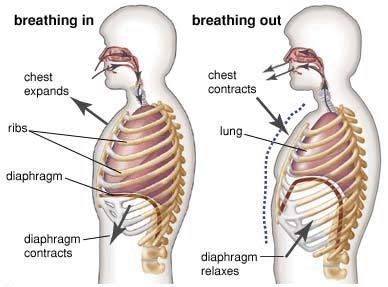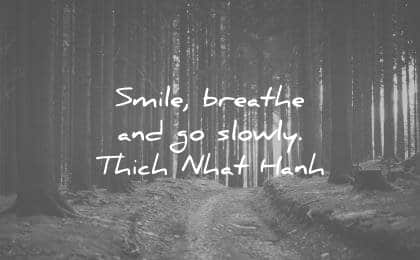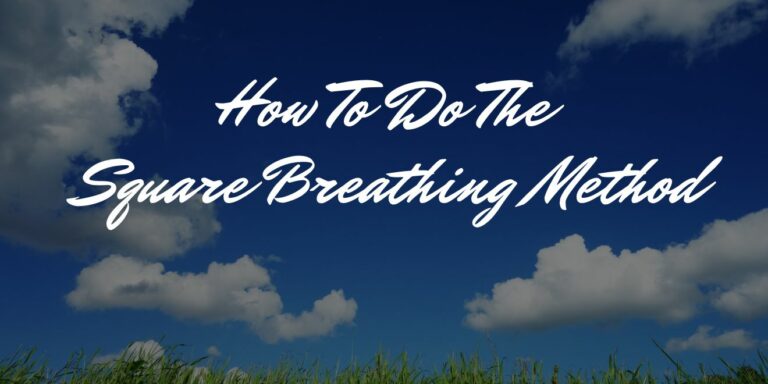If you’ve ever been to a yoga class, you’ve probably heard the instructor talk about the importance of regulating the breath, and give a simple, audible technique to do so. If so, you’ve already been introduced to the health benefits of ujjayi pranayama.
Ujjayi breath is one of the most common of all the traditional yogic pranayama exercises, or breath techniques, and is easy to do. Using a slight constriction of the throat as you inhale and exhale, you can create an audible, oceanic sound. This process helps you to bring awareness to your breath, and even out the pace of the air as it flows in and out of your body.
I give a full description of how to practice ujjayi pranayama in another post, but in this post I want to outline why this simple breath technique is so powerful, and talk about some of the may physiological benefits of ujjayi breathing.

Health Benefits of Ujjayi Breath
According to traditional Vedic and yogic traditions, the breath is about much more than the flow of air through the body. Mastery of the breath can yield improved health benefits in many areas of your life, including mental, emotional, spiritual, and physiological benefits.
Ujjayi is a powerful breath exercise because it is a relatively easy and accessible way to develop mastery of your breath, and its benefits are both immediate and long lasting.
Here are some of the primary health benefits of ujjayi pranayama.
Improves Lung Capacity
Slow breathing in any form has been shown to dramatically improve lung capacity and increase the overall flow of energy through the body.
For any breath, as you breathe in, the chest expands and the diaphragm contracts. As you breathe out, the chest contracts and the diaphragm relaxes. This process happens automatically, with every breath you take.

When you slow your breath through ujjayi pranayam, you enable your lungs to expand more fully, strengthening the diaphragmatic muscles and developing control over the entire cycle of your breath. With consistent practice, this control spills over to your normal, automatic breathing habits as well, creating longer, more peaceful breaths that intake more oxygen with each cycle.
Lowers Blood Pressure
As your lung capacity increases, it also leads to increased oxygenation of the blood, which improves blood pressure and has been shown to reduce the risk of many cardiovascular related illnesses, including heart disease and other vascular problems.
To learn more about this, there’s a great article from the National Institute of Health that explains how ujjayi improves cardiovascular and respiratory functions in the body.
According to the study:
“Respiratory research documents that reduced breathing rate, hovering around 5-6 breaths per minute in the average adult, can increase vagal activation leading to reduction in sympathetic activation, increased cardiac-vagal baroreflex sensitivity (BRS), and increased parasympathetic activation all of which correlated with mental and physical health. BRS is a measure of the heart’s capacity to efficiently alter and regulate blood pressure in accordance with the requirements of a given situation. A high degree of BRS is thus a good marker of cardiac health.”
Regulates Nerve Function
Your breath is a constant, automatic process, making it a part of your autonomic nervous system. Unlike most of the other functions of this system (such as your heart rate or pupil dilation), you have the power to take control of your breath and regulate the impact it has on your body.
This means that, through ujjayi, you can gain a degree of control over both your sympathetic and parasympathetic nervous systems, allowing you to ease tension and improve the performance of each.
Increases Mental Clarity
When you are relaxed and peaceful, your brain releases an array of happy hormones, including dopamine and serotonin, which have a positive impact on your state of mind.
Studies show that this can kickstart a positive mental spiral, in which clarity and happiness go hand in hand, leading to improved memory and decision-making abilities, as well as an ability to see new and more creative opportunities that are already before you.
Read this article from Harvard Business Review to learn more about why a happy brain performs better.
Improves Concentration
One of these many brain benefits is an increased ability to concentrate. Ujjayi pranayama trains your mind to concentrate in two ways.
Firstly, the very practice itself requires you to focus on your breath constantly. If you lose your focus on your breath, your ujjayi will dissipate, and thus there is a direct concentration element at play.
Secondly, as just mentioned, when ujjayi is practiced for any length of time, it changes the chemicals released into the brain, one of the side effects of which is improved memory and concentration. Thus, you get a double dose of awareness.
Strengthens Stamina and Endurance
On a physiological level, your improved control over your breath can also help you to improve stamina and endurance for just about any type of physical activity.
There are clear correlations between lung capacity and endurance, and, as we discussed above, ujjayi is second to none when it comes to building that lung capacity. This means that whether you are practicing holding your Warrior 3 or training for a marathon, ujjayi can help.

Reduces Stress
Ujjayi is a calming breath that leads to relaxation throughout the body and mind. When you are relaxed, you do not experience stress. The air flow acts like a masseuse, massaging your brain to ease the tension and encourage you to let go of everything that may be bothering you.
This can happen after just a few minutes of the practice, but if you apply ujjayi consistently over the long term, you will create better stress-habits that cause you not to be triggered by external events, and maintain control of your mind. This, in turn, yield higher resiliency and an improved ability to tackle the demands of modern life.
Read more about how to stay positive in a negative world.
Eases Common Ailments
Lastly, ujjayi breathing is correlated with a reduction in many common physiological ailments, ranging from headaches to the common cold.
This is because with an increased flow of air, your immune system also gets a boost, making you less susceptible to the many germs that are floating all around you, and improving your ability to fight off minor diseases before they arise.
For other conditions, such as headaches, the release in tension in the brain and forehead makes you less susceptible to stress triggers in your environment.
For more tips and breath techniques, check out our list of breath exercises.




